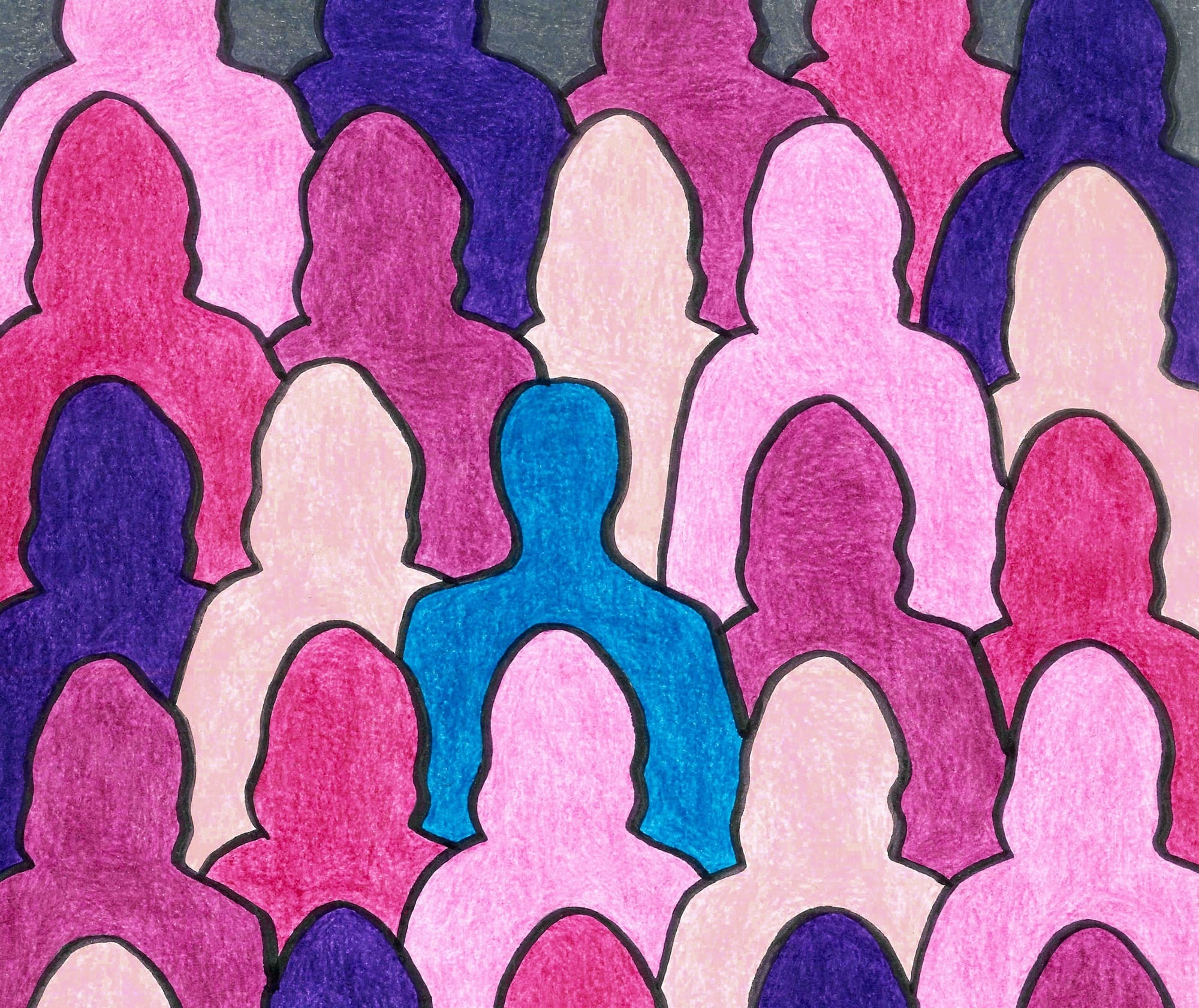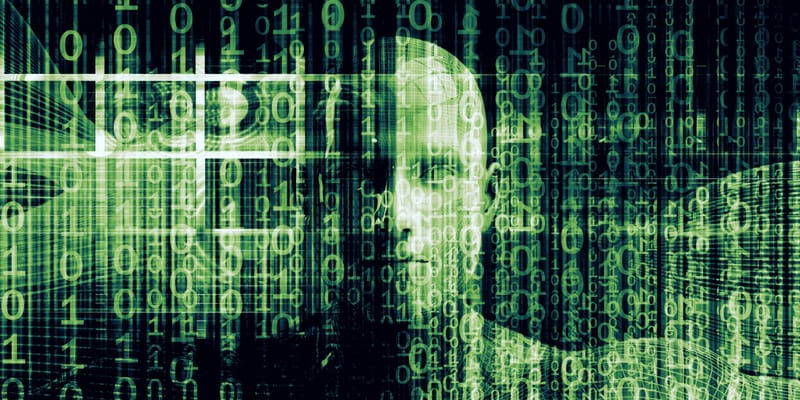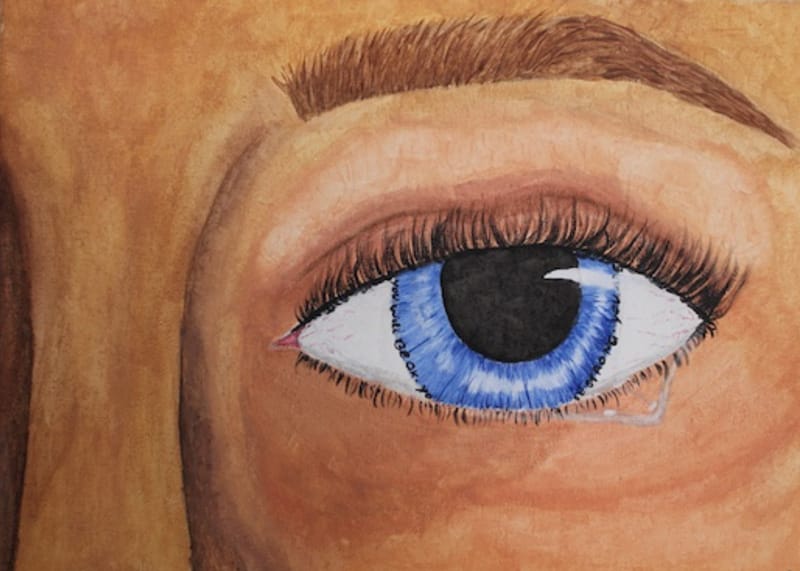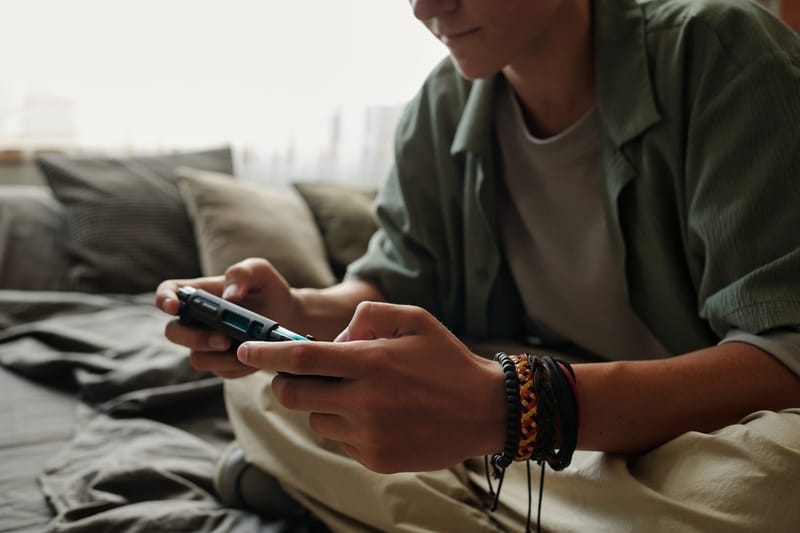
Last week, Waleed Aly made a plea for a more nuanced discussion about the ways in which men were situated in the national plea to change patterns of violence against women.
The #NotAllMen article was picked up in a range of locations with its central tenets – that an approach making all men responsible risks alienating men who could be allies, and that we need to consider the shame and humiliation that sits behind the expressions of violence – reviewed and reiterated in different ways.
Since when have "all men" been held responsible FFS! All we ever hear is #NotAllMen and very few men even trying to do sweet eff all about it.
Aly will always find the shittest take, but still espouse as though he is the smartest in the room 🙄 https://t.co/myrUDIL3tz— Noely ⚡️🏐 (@YaThinkN) May 3, 2024
I was deeply uncomfortable upon reading the article, but it took some time to work out why.
For women, there’s no option of distinguishing or opting out. Some of us are safer than others, some are called to extraordinary bravery to survive, and to care for those they love – often including the person who’s violent towards them. But no woman ever gets to say, “Not me”. We’re all faced daily with the weight of relentless misogyny that infects every part of our world.
We read of judges who need to be counselled for approaching sexual assault using victim-blaming as a starting point in their work. We read of men who are released on bail, who breach IVOs with impunity, who lock women and babies away and starve them.
We hear of men who offer visa support to women and then threaten their lives, their children, and their families in their country of origin. We hear AFL coaches call men who repeatedly threaten and hurt women “good blokes”.
We know that the deaths of women at the hands of men that create media headlines are only literally the tip of the iceberg of the multitude of violences that shape the lives of women and children in every part of Australia, and every other part of the world, every day.
Some of us are safer than others, some are called to extraordinary bravery to survive, and to care for those they love – often including the person who’s violent towards them.
And I for one am deeply humiliated by and ashamed of this. Julia Baird seemed the only respondent to point to this inescapable aspect of the current gender settings of our world.
I feel ashamed and responsible for not creating a better world for women, girls, for my daughters, and for all those I love. I feel humiliated by the relentless visceral disrespect shown every day to women – their lower wages, their heightened responsibility for the care that’s critical for survival, the homelessness forced upon women and children because of the systemic sustenance of, and support for, gender inequality.
And the fact that when we walk out of the door, if we’re lucky, we need to think about our safety as part of every movement we make. And if we’re less lucky, we need to think about our safety when we walk in our doors, too. And we’re driven into poverty, to tears, to despair – not to violence.
What bothered me about that article was the embedded privilege. As a man, Waleed Aly considers he has the following options:
- He can decide to be safe
- He can decide to speak
- He can say on the basis of his sex that these discussions about the commission and use of violence don’t apply to him.
Women live with an alternate reality. For all women, whatever we say, whatever we do, whatever we ask for, we know we’re not safe.





